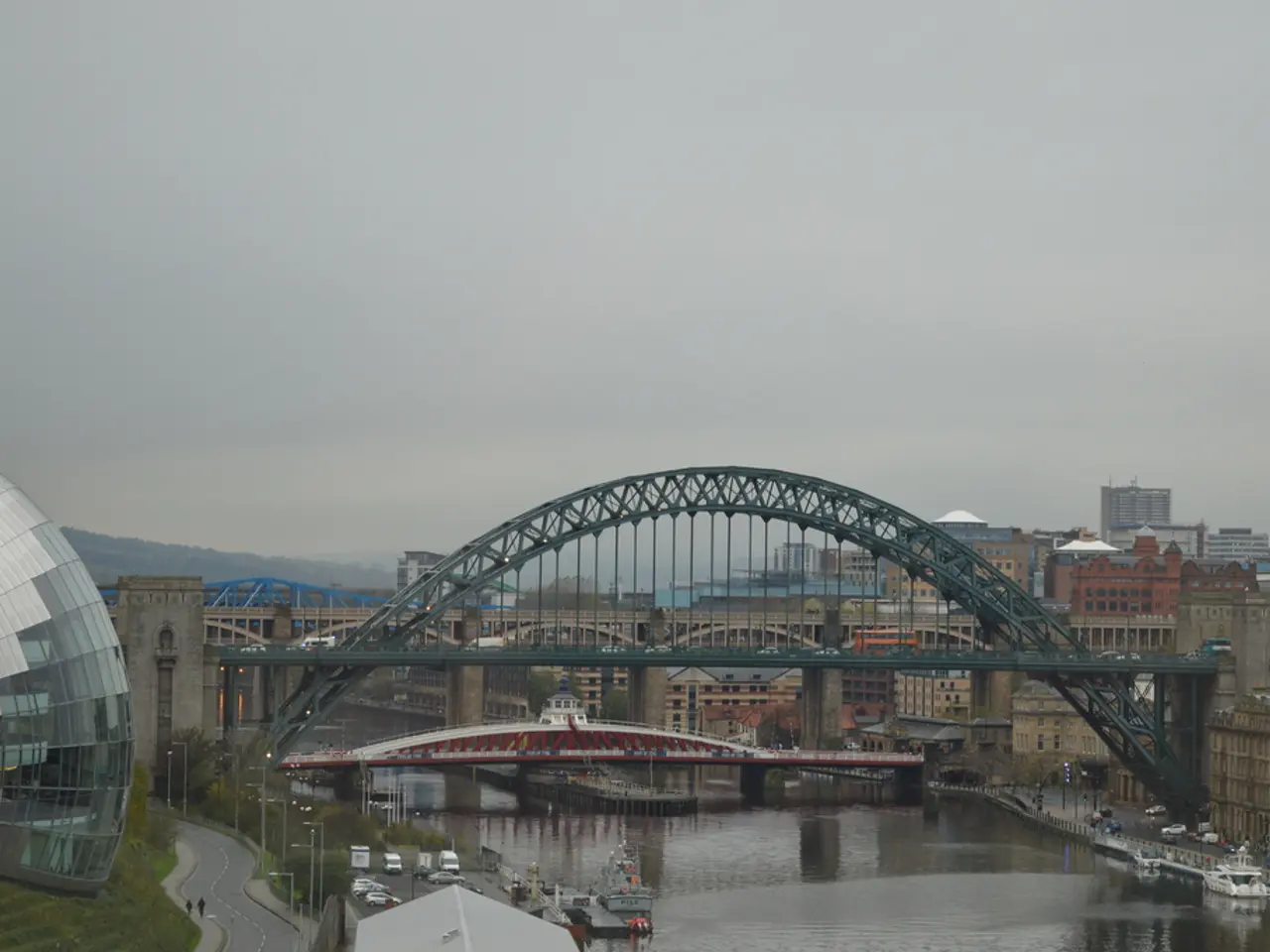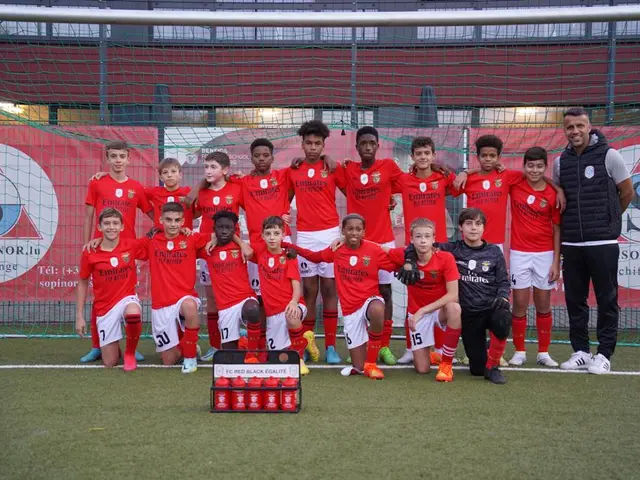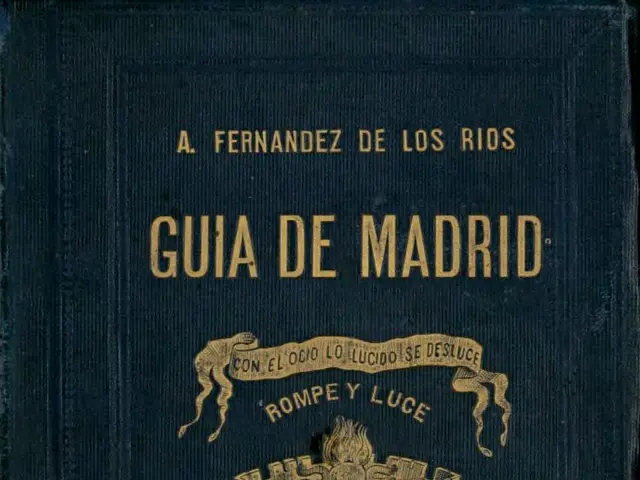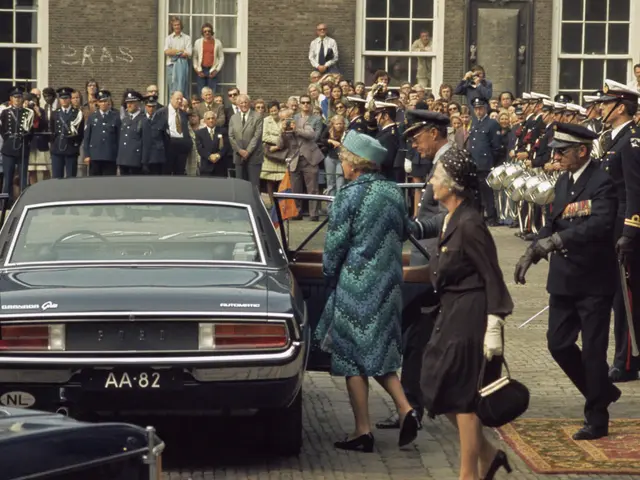How One Climate Expert Is Redefining Adaptation Through Democracy
Dr. Chloe Lucas, a climate change expert and environmental social scientist at the University of Tasmania, is challenging conventional wisdom on climate adaptation. Her project, 'Helping Citizens Share Responsibility for Democratic Climate Adaptation', funded by the Australian Research Council, argues that the public's expertise and creativity are vital for successful climate adaptation.
Dr. Lucas, also a professor of environmental sociology at York University, uses innovative tools like game-based deliberation and participatory simulations to engage participants in complex climate dilemmas. This approach reflects her belief that climate adaptation is as much a cultural process as a scientific one, fostering creativity, empathy, and shared understanding.
Her work challenges the technocratic belief that experts alone can solve climate change. Instead, she draws on principles of deliberative democracy, emphasizing the emotional and relational side of adaptation. Dr. Lucas's broader work on climate communication complements this, examining how people interpret environmental messages based on their cultural identities and trust in authority.
Australia, with its polarized climate debates and split adaptation efforts, serves as a backdrop for her research. Her insights resonate strongly with developing nations like Bangladesh, highlighting the political nature of climate adaptation and promoting inclusive, reflexive democratic adaptation.
Dr. Chloe Lucas's work offers practical guidance for governments seeking to involve the public more meaningfully in climate adaptation. By fostering shared ownership of the process, she believes adaptation can be sustained over time. Her innovative approach challenges assumptions about the public's role in climate change and offers a path towards more democratic and effective adaptation.








